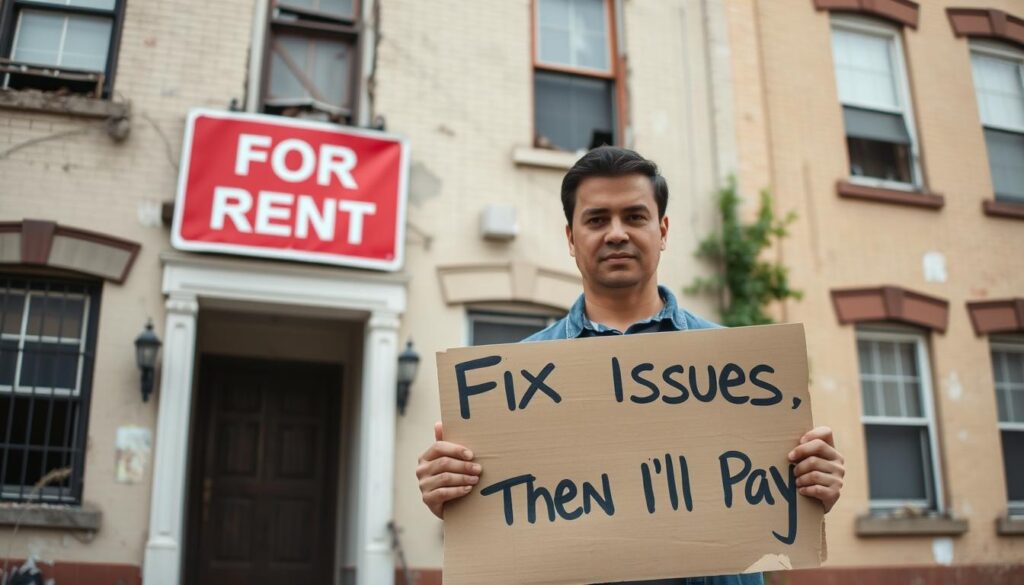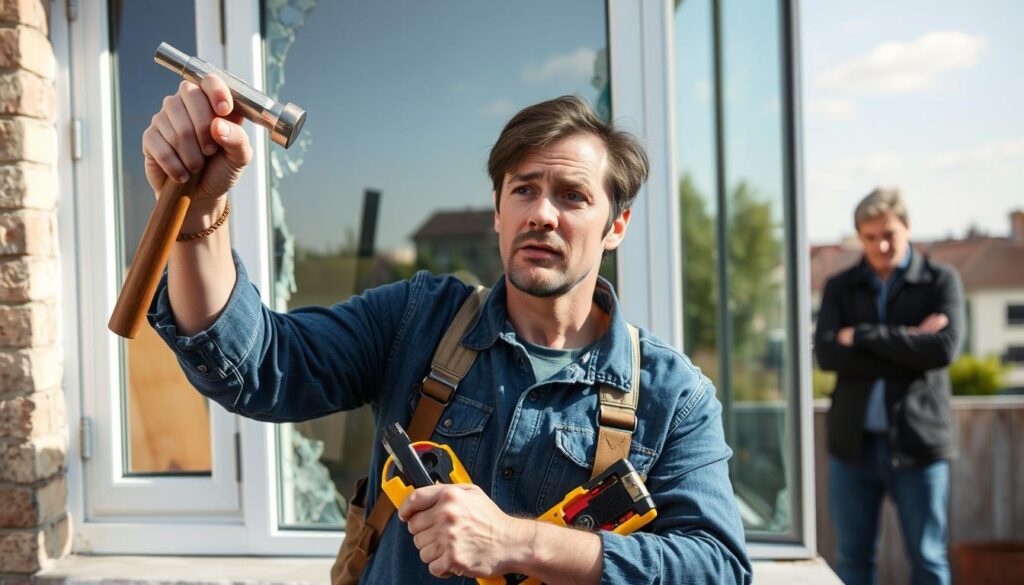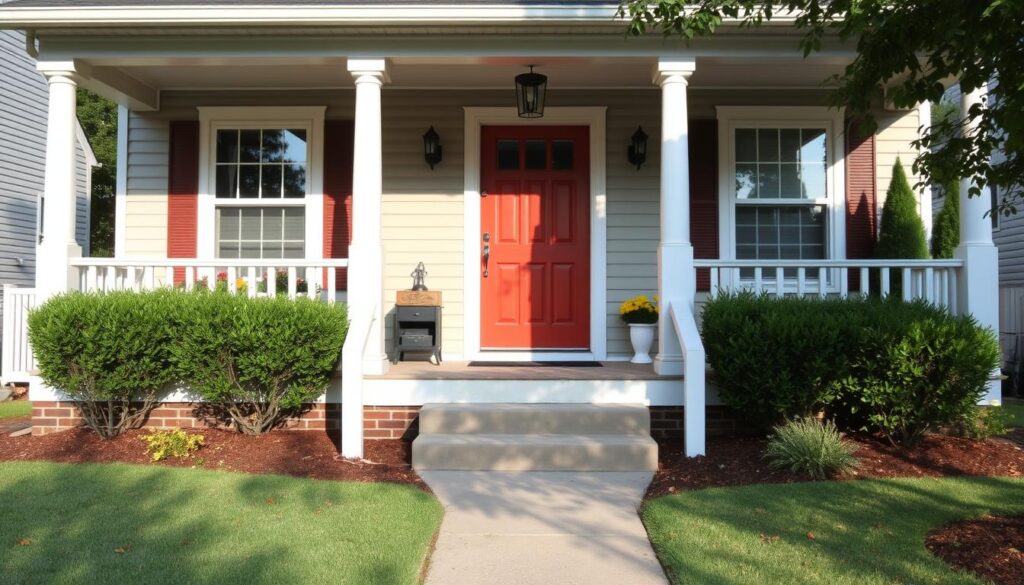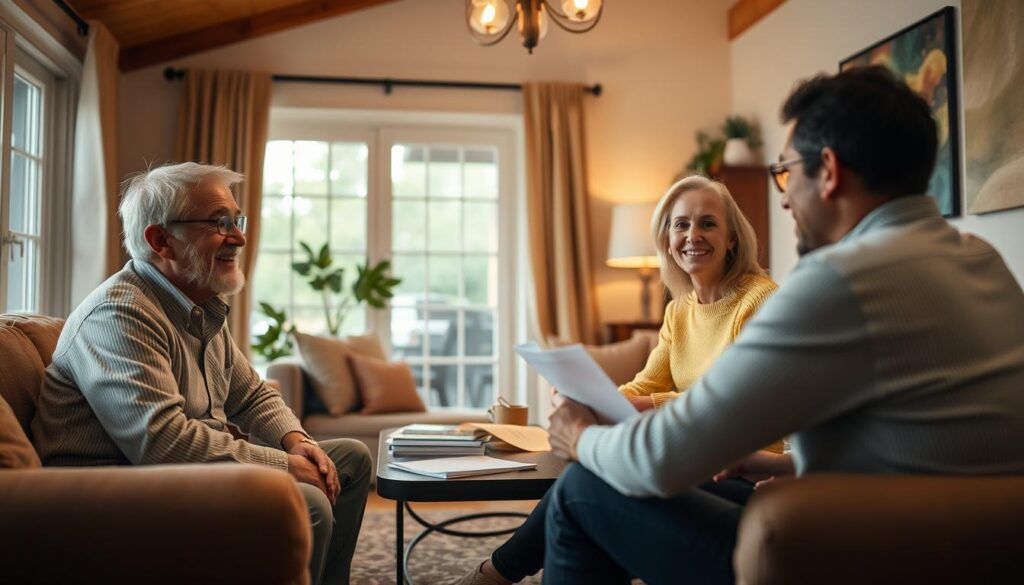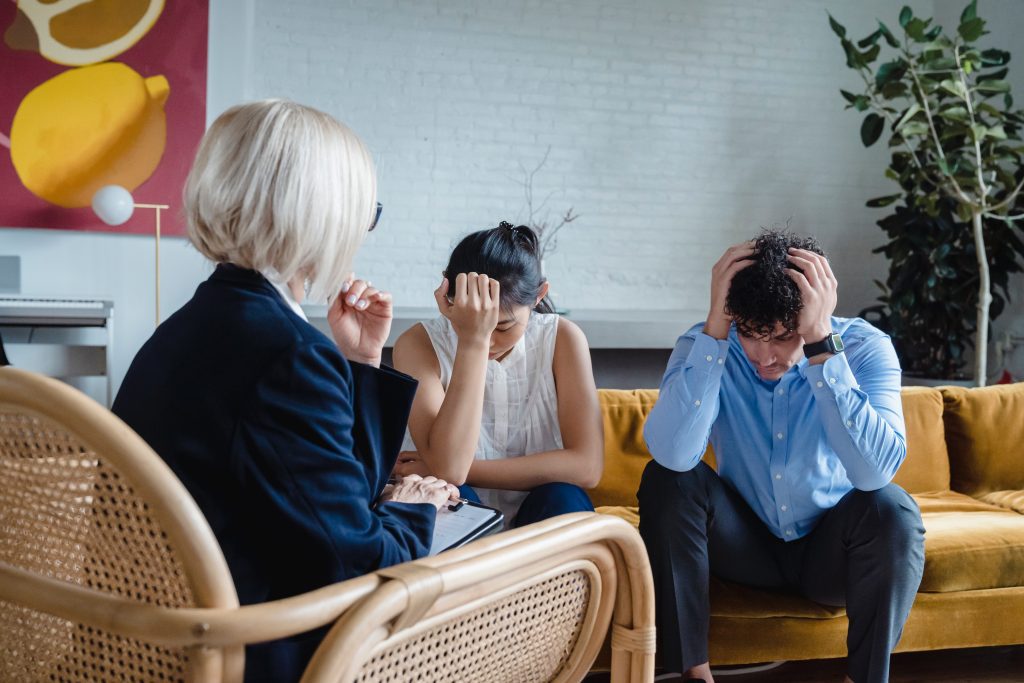We’ve all heard the saying, “accidents happen.” But when those accidents occur on someone else’s property, who is really to blame? Well, as it turns out, the answer is not always clear cut. In this blog post, we’ll explore some of the different scenarios in which a property owner could be held liable for injuries sustained by a tenant or visitor on their property. Read on to learn more!
As a property owner, you’re responsible for maintaining your property in a safe and habitable condition. This means regularly inspecting your property for hazards and ensuring that any necessary repairs are made in a timely manner. If you fail to do so and a tenant is injured as a result, you could be held liable for their medical expenses, lost wages, and other damages. In other words, it pays to keep your property in good condition! Not only will it help to avoid costly accidents, but it will also make your tenants happy and more likely to pay rent on time. And that’s good news for everyone involved!
As a tenant, it’s important to be aware of your rights and responsibilities when it comes to the upkeep of your rental unit and the surrounding property. For instance, you generally have the right to expect that your landlord will take reasonable steps to keep the property in a safe and habitable condition. However, you also have a responsibility to pay rent on time and to follow the rules and regulations set forth in your lease agreement. If you or someone else is injured on the property due to a landlord’s negligence, you may be able to file a personal injury lawsuit against the landlord. However, it’s important to note that tenants can also be held liable for injuries that occur on the property if it can be shown that they were aware of a dangerous condition and did nothing to mitigate it. Ultimately, it’s important for both landlords and tenants to exercise reasonable care when it comes to the safety of the rental property.
Most people assume that if they pay rent, their landlord is responsible for everything on the property. However, that’s not always the case. Landlords are only responsible for maintaining the property in a safe and habitable condition – they’re not responsible for ensuring that visitors are safe from harm. So, if a visitor is injured on a rental property due to a dangerous condition, the landlord is likely not liable. Of course, this doesn’t mean that landlords should neglect their properties – unsafe conditions can still lead to costly lawsuits. That’s why it’s always a good idea to use property management services to help keep your rental property in top condition. By doing so, you can protect yourself from liability and ensure that your property is a safe and comfortable place to live.
But as a landlord, property manager, or realtor, you’re always on the lookout for potential liability issues that could come back to bite you. After all, no one wants to be slapped with a lawsuit. But with so many different things that can go wrong, it’s hard to keep track of everything. That’s why we’ve compiled a list of the top 5 property liability issues (and how to avoid them).
#1. Lead Paint
If your property was built before 1978, there’s a chance it may contain lead-based paint. Although lead paint is no longer used in homes, it can still pose a serious health hazard if it’s not properly managed. The good news is that there are steps you can take to mitigate the risk, such as providing tenants with lead disclosure forms and conducting regular lead-based paint inspections. As a property manager, it’s important to be proactive about protecting your tenants from potential health hazards. By taking the time to educate yourself about lead paint, you can help keep your tenants safe and healthy.
#2. Asbestos
If you’re a property owner, you’re probably always on the lookout for ways to improve your property and make it more valuable. But did you know that one of the best ways to do that is actually to make sure it’s safe? Asbestos is a naturally occurring mineral that was once used in a variety of construction materials. Like lead paint, asbestos can pose a serious health hazard if it’s not properly managed. If you suspect that your property may contain asbestos, it’s important to have it inspected by a qualified professional. Once you know for sure, you can take the necessary steps to mitigate the risk. Not only will this make your property safer and more valuable, but it will also give your tenants peace of mind, which is sure to help with retention. So if you’re looking for ways to improve your property management services, this is definitely something to consider.
#3. Mold
If you’re like most people, the last thing you want to find in your rental property is mold. Not only is it unsightly, but it can also pose a serious health risk. If you suspect that your property has a mold problem, it’s important to have it inspected and remediated as soon as possible. While mold itself is not harmful, some types can produce toxins that can cause serious health problems. Property management companies offer a variety of services that can help to identify and solve mold problems. So if you’re concerned about mold, be sure to ask your property management company what they can do to help. In the meantime, pay attention to any damp or humid areas in your rental property and take steps to keep them dry. By taking proactive measures, you can help prevent mold from taking hold in your rental property.
#4. Carbon Monoxide Poisoning
Carbon monoxide is an odorless, colorless gas that can be deadly if inhaled in large quantities. It’s often produced by burning fossil fuels such as natural gas, propane, or coal. That’s why it’s important to have working carbon monoxide detectors in all units of your property and to educate your tenants on the symptoms of carbon monoxide poisoning and what to do if they start experiencing them. As a property manager, you have a responsibility to keep your tenants safe. Carbon monoxide detectors are an important part of maintaining a safe property. Make sure all units of your property have working carbon monoxide detectors and that your tenants know what to do if they start experiencing symptoms of carbon monoxide poisoning.
#5. Slip and Falls
Slip and falls are one of the most common types of accidents on properties. They often occur due to wet floors, icy sidewalks, or cluttered walkways. To prevent slip and falls from happening, it’s important to keep all common areas clean and free of clutter. You should also make sure that any wet floors are clearly marked with warning signs and that ice is promptly removed from sidewalks and walkways. As a property owner or manager, it’s your responsibility to maintain a safe and habitable environment for your tenants. By taking some simple precautions, you can help to prevent slip and falls and create a safer community for everyone.
As you can see, there are many different scenarios in which a property owner could be held liable for injuries sustained by tenants or visitors on their property. If you’re ever unsure about whether or not you could be held responsible for an accident that occurs on your property, it’s always best to err on the side of caution and consult with an experienced attorney who can help you navigate these complex legal issues.
By being aware of the potential liabilities associated with owning property, you can take steps to avoid them. By following the tips above, you’ll help reduce your risk of being held liable for an accident or injury on your property. And while no one wants to think about the possibility of something going wrong, it’s always better to be safe than sorry!

